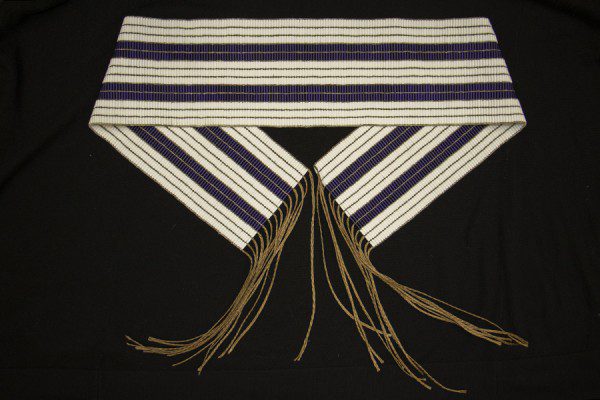Frequently Asked Questions
What is an Ontario Health Team (OHT)?
Ontario Health Teams (OHTs) were introduced by the Government of Ontario to provide a new way of organizing and delivering care that is more connected to patients in their local communities. Under OHTs, health and social care providers will work as one coordinated team to design a system for their population and deliver care to allow for a seamless transition for patients and clients accessing health and social care, no matter where they provide care. Click here to learn more about Ontario Health Teams.
Who are the partners of the Niagara Ontario Health Team - Équipe Santé Ontario Niagara (NOHT-ÉSON)?
What can we expect with the approval of the NOHT-ÉSON?
The NOHT-ÉSON will work together as one team toward creating a coordinated approach to care that makes it easier for patients and clients to access services, creating seamless transitions between providers, and overall improve the experiences and health outcomes of patients, clients, families, and caregivers.
What is the focus of the NOHT-ÉSON?
The NOHT-ÉSON will:
- Increase access to integrated care
- Improve the ability to provide culturally safe and competent care
- Build trusting relationships with Indigenous and Francophone populations
- Simplify system navigation for patients, clients, families and caregivers, 24/7
How will patient/clients access their care?
Patients and clients will continue to access care from their existing care providers. They will still be able to choose who provides their care. People can be confident that they can continue to contact their health and social care providers as they always have to access the health care they need.
What will be different for patients/clients/families/caregivers?
Improvements in integrated care through Ontario Health Teams will fundamentally change how patients, clients, families, and caregivers experience the health care system. As the NOHT-ÉSON progresses on its journey, patients and clients will be able to more easily access and navigate the system and be better supported as they transition from one health care provider or setting to another.
Can you give examples where the NOHT-ÉSON partners worked in a better-integrated way during the pandemic?
-
Bi-weekly meetings were held between hospitals, Niagara Region Public Health, primary care, Niagara EMS, mental health and addictions, and community/long-term care centres to discuss our COVID response for issues such as asessment centre planning and support, staffing supports for alternate health facilities, if needed, and community needs and barriers.
-
There was a community personal protective equipment (PPE) response led by Niagara Region Public Health, primary care, and hospitals to support local supply and distribution of PPE across Niagara providers.
-
A congregate living system response was mobilized to provide assessments and supports as needed for infection prevention control and crisis response.
-
A primary care communications task force was developed to relay information rapidly to all primary care physicians and teams within the region.
-
A migrant worker response strategy and support for testing, assessment, and health system response was created.
What is integrated care?
Integrated care focuses on a more coordinated approach to care. It is a means to improve programs and services in areas of access, quality, patient and client satisfaction, and efficiency. The NOHT-ÉSON is working to improve the health care experience and services so patients and clients will have:
- One coordinated team of health care providers working together to meet your needs
- A medical record that both you and your providers can access easily
- Help in navigating the public health care system 24/7
Whether you come to the emergency department, a community health centre, or are receiving care in your home, the NOHT-ÉSON’s partners will work closely together, so that it feels like one system to patients, clients, families, and caregivers.
Are there opportunities to take part in NOHT-ÉSON initiatives?
Yes. The NOHT-ÉSON has developed an engagement framework designed to give health and social care professionals and members of the public opportunities to contribute to and to stay informed about NOHT-ÉSON initiatives. Visit our Get Involved page to learn about opportunities for engagement, and fill in the sign-up form on the right side of the page to get started.


